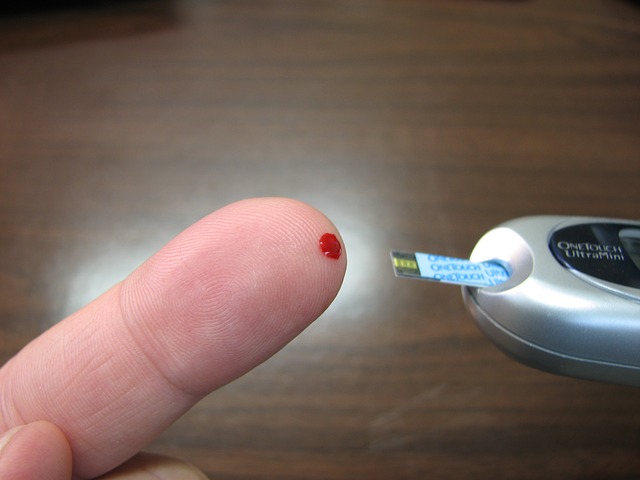KUALA LUMPUR, June 2 — Low-income countries were affected the most in obtaining prevention and treatment services for non-communicable diseases (NCDs) since the Covid-19 pandemic began, a World Health Organization (WHO) survey revealed.
NCDs are diseases that are not transmissible directly from one person to another, such as autoimmune disease, stroke, heart disease, cancer, diabetes, and kidney disease.
The study found that 53 per cent of 155 countries surveyed have partially or completely disrupted services for hypertension treatment, 49 per cent for diabetes treatment and diabetes-related complications, 42 per cent for cancer treatment, and 31 per cent for cardiovascular emergencies.
“Many people who need treatment for diseases like cancer, cardiovascular disease and diabetes have not been receiving the health services and medicines they need since the Covid-19 pandemic began.
“It’s vital that countries find innovative ways to ensure that essential services for NCDs continue, even as they fight Covid-19,” said WHO director-general Tedros Adhanom Ghebreyesus.
Rehabilitation services too have been disrupted in almost two-thirds of the countries, as rehabilitation is considered essential for healthy recovery following severe illness from Covid-19.
The study also showed that more than 50 per cent of the countries postponed public screening programmes for breast and cervical cancer as WHO recommended to minimise non-urgent facility-based care whilst tackling the pandemic initially.
Cancellations of planned treatments, a decrease in public transport available and a lack of staff led to discontinuation or reduction in those services. Health workers globally had been reassigned to support Covid-19 services, stated the report.
The survey also found that shortage of medicines, diagnostics, and other technologies have caused services for NCDs to be discontinued in one in five countries.
Globally, only 42 per cent of low-income countries reported that they had included NCD services in their national Covid-19 preparedness and response plans, compared to 72 per cent high income nations.
Prevention and control of NCDs are important during this pandemic because NCDs are major risk factors for patients with Covid-19, The Lancet reported.
The Lancet also stated that physical social distancing or quarantine can lead to poor management of NCD behavioural risk factors, including unhealthy diet, physical inactivity, tobacco use, and harmful use of alcohol that further lead to chronic diseases.







